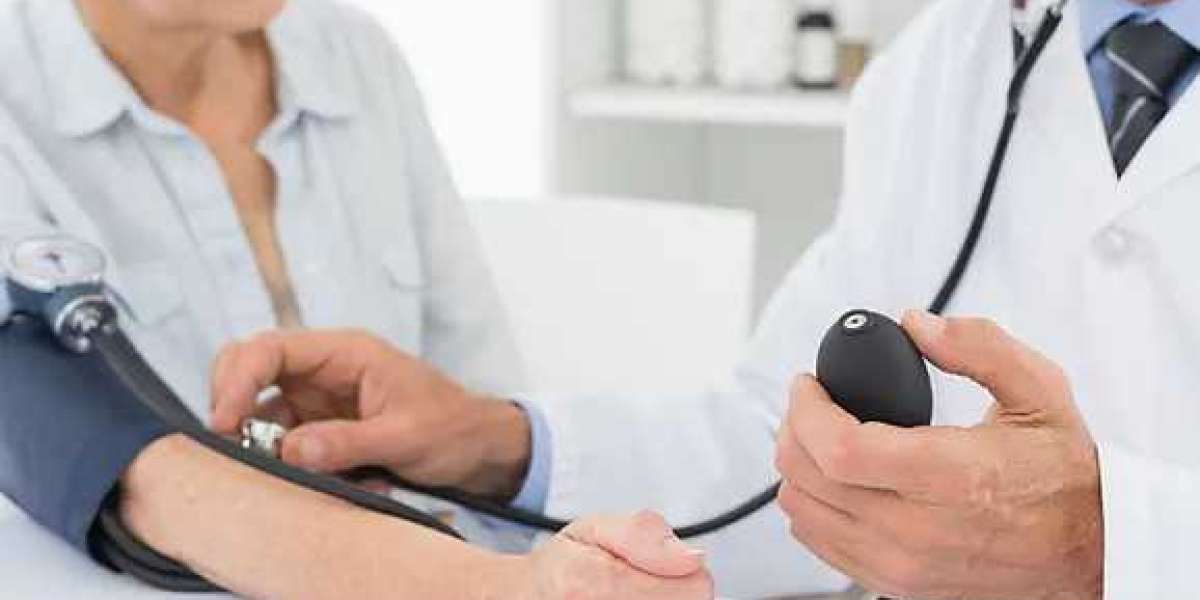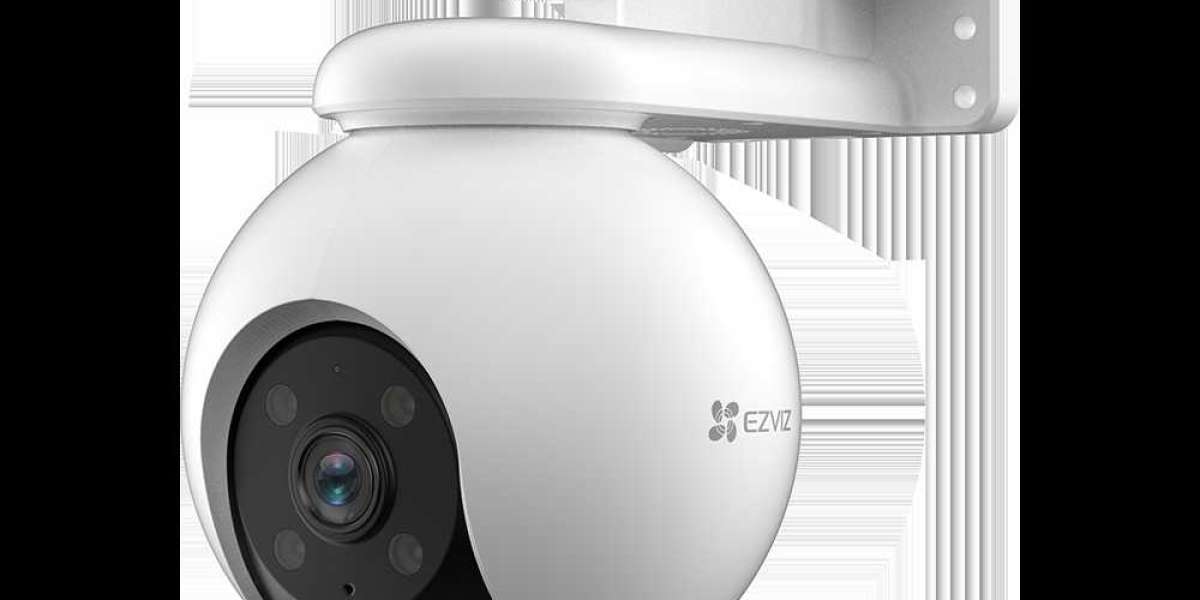Endoscopy is a minimally invasive medical procedure that allows doctors to examine the interior of your body using a long, flexible tube with a camera attached to it. It is commonly used for diagnosing and treating various gastrointestinal conditions, such as ulcers, polyps, and tumors.
When it comes to undergoing an endoscopy in Singapore, you can expect top-notch medical expertise backed by cutting-edge technology. With a wide range of hospitals and clinics offering this procedure, Singapore has established itself as a hub for medical tourism. The highly skilled medical professionals and state-of-the-art facilities ensure that patients receive the best possible care.
In this article, we will discuss the various types of endoscopy procedures available in Singapore, what preparations may be required, and what to expect during and after the procedure. So, if you're considering an endoscopy in Singapore, keep reading to ensure a seamless experience.
Importance of Endoscopy in Medical Diagnostics
Endoscopy is an invaluable tool in modern medical diagnostics, allowing healthcare professionals to gain a clear and detailed view of the internal structures of the body. This minimally invasive procedure has become an essential component in the detection and management of a wide range of medical conditions, particularly those affecting the gastrointestinal (GI) tract.
One of the primary benefits of endoscopy is its ability to provide real-time, high-resolution images of the internal organs and tissues. This visual information allows doctors to identify and diagnose various GI issues, such as ulcers, inflammation, bleeding, and even cancerous growths, with a high degree of accuracy. Early detection of these conditions is crucial, as it enables timely and appropriate treatment, ultimately improving patient outcomes.
Moreover, endoscopy is not limited to just diagnostic purposes; it can also be utilized for therapeutic interventions. During an endoscopic procedure, doctors can perform biopsies, remove polyps, or even treat certain conditions, such as bleeding ulcers or strictures, without the need for more invasive surgical techniques. This versatility makes endoscopy a valuable tool in the comprehensive management of various GI disorders.
Types of Endoscopy Procedures
In Singapore, patients can undergo a range of endoscopic procedures, each tailored to examine specific parts of the body. Some of the most common types of endoscopy include:
Esophagogastroduodenoscopy (EGD) or Gastroscopy: Also known as an upper endoscopy, this procedure is used to examine the upper GI tract, including the esophagus, stomach, and the first part of the small intestine (duodenum). EGD is commonly used to diagnose and treat conditions such as acid reflux, ulcers, and swallowing difficulties.
Colonoscopy: This procedure involves the examination of the large intestine, or colon, using a long, flexible endoscope. Colonoscopies are primarily used to screen for and detect colorectal cancer, as well as to diagnose and manage conditions like inflammatory bowel disease, diverticulosis, and bleeding. Check here for our Cost for Colonoscopy.
Endoscopic Retrograde Cholangiopancreatography (ERCP): ERCP is a specialized endoscopic procedure that combines endoscopy and x-ray imaging to diagnose and treat problems in the bile and pancreatic ducts. This procedure is often used to identify and remove gallstones, as well as to treat conditions affecting the pancreas and bile ducts.
Endoscopic Ultrasound (EUS): EUS uses a specialized endoscope equipped with an ultrasound device to capture detailed images of the digestive tract and surrounding structures. This procedure is particularly useful for evaluating and diagnosing conditions such as pancreatic cancer, bile duct stones, and submucosal tumors.
Capsule Endoscopy: In this procedure, the patient swallows a small, pill-sized camera that travels through the GI tract, taking thousands of images that are transmitted to a recording device worn by the patient. Capsule endoscopy is often used to examine the small intestine, which is difficult to access with traditional endoscopic techniques.
These are just a few examples of the various endoscopic procedures available in Singapore. The specific type of endoscopy recommended will depend on the patient's medical condition and the area of the body that needs to be examined or treated.
Preparing for an Endoscopy in Singapore
Proper preparation is crucial for a successful endoscopic procedure in Singapore. The specific preparation required may vary depending on the type of endoscopy being performed, but there are some general guidelines that patients should follow:
Dietary Restrictions: Patients may be required to follow a clear liquid diet for a certain period before the procedure, typically 24-48 hours. This ensures that the GI tract is empty, allowing the doctor to obtain clear and unobstructed views during the endoscopy.
Bowel Preparation: For procedures involving the lower GI tract, such as a colonoscopy, patients will need to undergo a thorough bowel preparation. This usually involves taking laxatives or enemas to completely clean out the colon, ensuring that the doctor can clearly visualize the intestinal walls.
Medication Adjustments: Patients may need to temporarily stop taking certain medications, such as blood thinners or diabetes medications, prior to the endoscopy. It's important to discuss any medications with the healthcare team to ensure a safe and effective procedure.
Fasting: Patients will typically be asked to refrain from eating and drinking for a specified period before the endoscopy, usually 6-12 hours. This helps prevent complications, such as aspiration, during the procedure.
Read more : endoscopy centre






